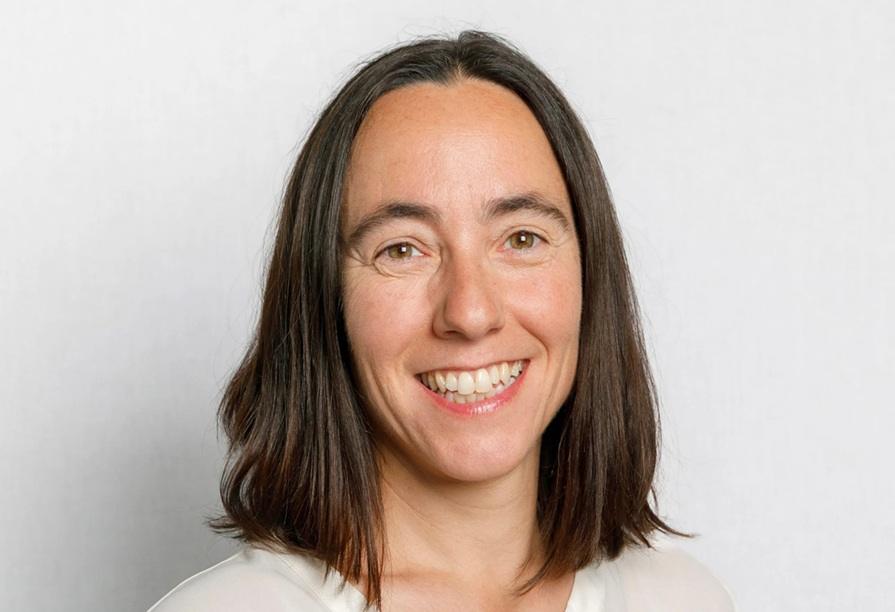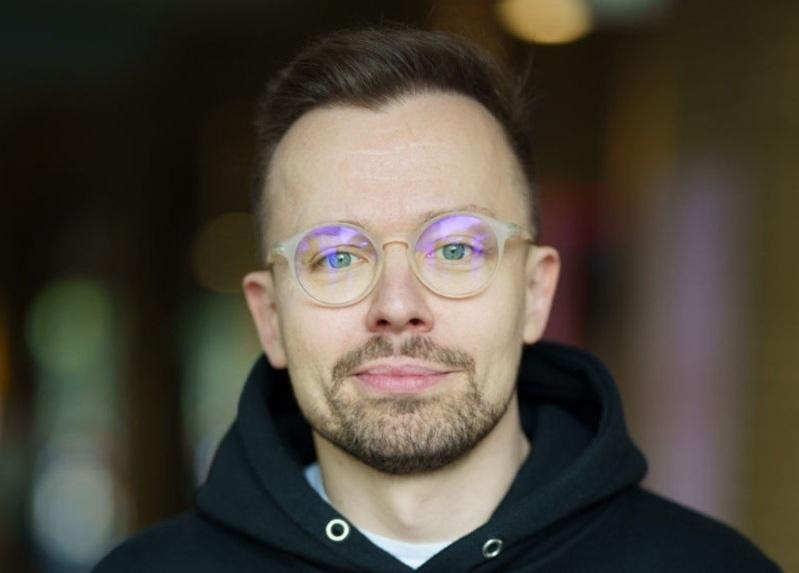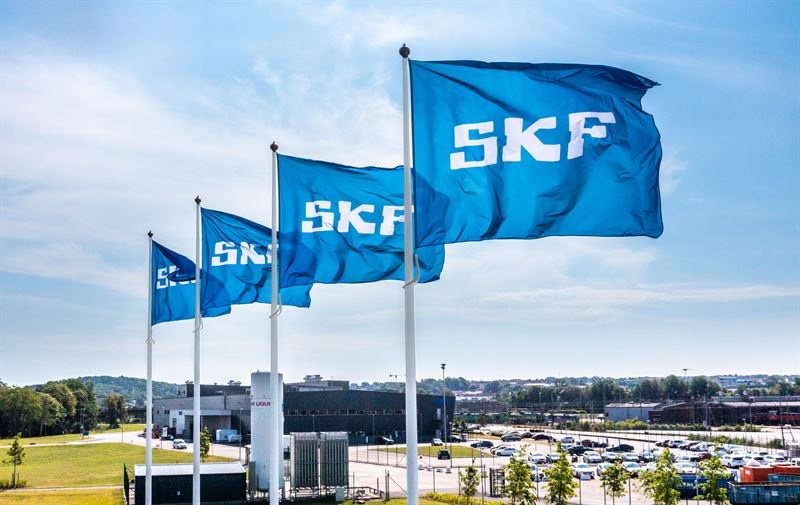Guest Post: Why Net Zero Is Not Optional
By: Patricia Pina, Head of Product Research & Innovation, Clarity AI
Climate Week NYC, the world’s biggest climate event, is kicking off once again. Thousands of heads of government, ministers, business leaders, academics, and civil society actors are gathering to help shape decision-making around climate change — one of the defining challenges of our time.
But what is the real value of this type of event? Looking at the world today, does it even make sense to keep organizing and attending Climate Week NYC as if nothing had changed? And is climate change truly still our greatest challenge?
Climate in the shadow of global crises
Recent headlines might suggest otherwise. An Israeli strike in Doha unsettled Gulf stability. Poland reported Russian drones in its airspace, prompting EU and NATO alarm. France plunged deeper into political turmoil after Prime Minister François Bayrou resigned. Meanwhile, global markets wavered ahead of the U.S. Federal Reserve’s rate decision, and China’s economy showed fresh weakness.
This list is far from exhaustive, but it illustrates the instability shaping today’s world. Against such a backdrop, it is natural to question whether advancing the climate agenda should remain a priority.
When nature strikes back
And yet, this summer brought us another stark reminder of why the climate agenda must remain a priority: Heatwaves across Europe caused thousands of deaths. East Asia endured monsoon floods of unprecedented duration, intensity, and geographic spread. In Spain, wildfires burned more than 400,000 hectares — more than sixty times the size of Manhattan Island, and ten times more than last summer.
This last event hit close to home. In August I went hiking with my family in the Picos de Europa, a dramatic mountain range in northern Spain where peaks rise sharply from near sea level to over 2,600 meters. The views were breathtaking. Just weeks later, wildfires scorched a sizeable portion of the same landscape. Experiencing such beauty one month and hearing of its destruction the next was a reminder of how quickly climate change is transforming our world.
Net zero is not dead
Experiences like this explain why the discourse on climate risk has shifted towards physical risks and adaptation. The realities around us make these risks impossible to ignore. They carry consequences for all of us. Yet the need to transition to a low-carbon economy and reduce greenhouse-gas emissions remains just as urgent, along with the risk that companies are not adapting quickly enough.
In recent years, we have seen a steady drift of participants leaving Net Zero initiatives, with some companies quietly watering down their commitments. This has led many to declare Net Zero “dead.” But that conclusion is mistaken. We don’t have the luxury of walking away.
Net Zero refers to the balance between the greenhouse gases emitted into the atmosphere and the amount removed from it. Until we reach that balance — and no additional GHGs are added — the Earth will keep warming. That is just physics. Whether Net Zero is achieved in 2050, 2060, or later, one fact does not change: it is not optional. The sooner we get there, the less severe the social, and economic losses will be.
So, what role can NYC Climate Week play in helping us get there?
My wish list for climate week
For years, we lived under the promise that the financial sector would save the day. By reallocating capital, investors could supposedly push the world’s economy to decarbonize. Today, we have come to accept that the financial sector alone cannot bend the economy without the public sector leading the charge.
My wish for this NYC Climate Week — and beyond — is for governments to step up their game beyond electoral cycles. I have what may sound like a naïve dream: that one day policymakers will craft legislation not only for the challenges their voters will face in the next four years, but also for the crises we know will hit us in 10 or 20 years if we fail to act today. Policies that are grounded in science and evidence. Why is it so difficult for them to demonstrate leadership?
Maybe the answer lies in what a professor once asked my graduate class at Harvard Kennedy School of Government: Who is interested in politics? Most of us, myself included, did not raise our hands. He challenged us: if you are not interested in politics, then who will be?
Too often we treat politicians as a distant “other.” Yet they hold the power to shape the world — and the direction in which we move depends on whom we elect. Let’s hold them accountable, engage in political discourse, and create pressure in the right direction. We also hold power in our hands, and we need to exercise it through our votes, our actions, and our voices.
Maybe this week is an opportunity for all of us to remind policymakers that we are tired of opportunistic measures. What we need is a stable regulatory framework that creates the right incentives to accelerate the inevitable transition to a low-carbon economy. And while policymakers debate and delay action, I see every day at Clarity AI how our clients are seeking support to measure risk, manage exposure, and prepare for the unavoidable adjustment that will affect us all once the reality of Net Zero takes hold.





